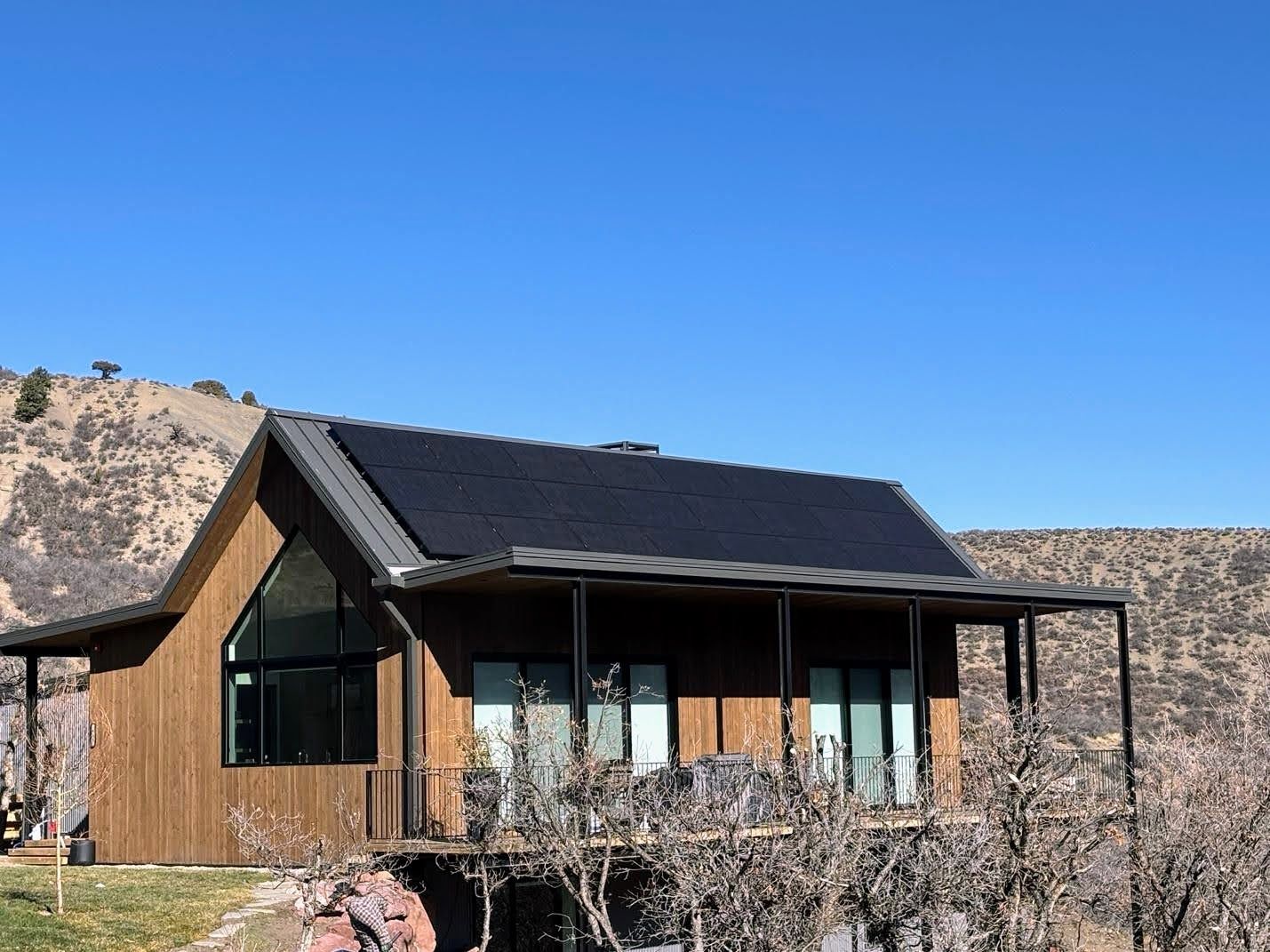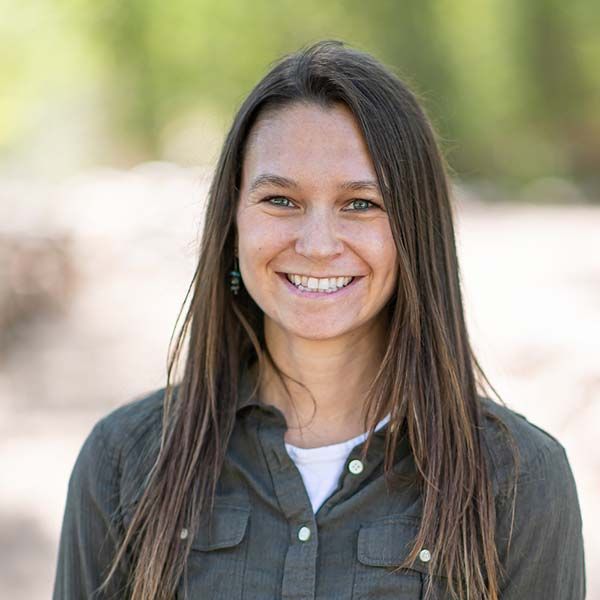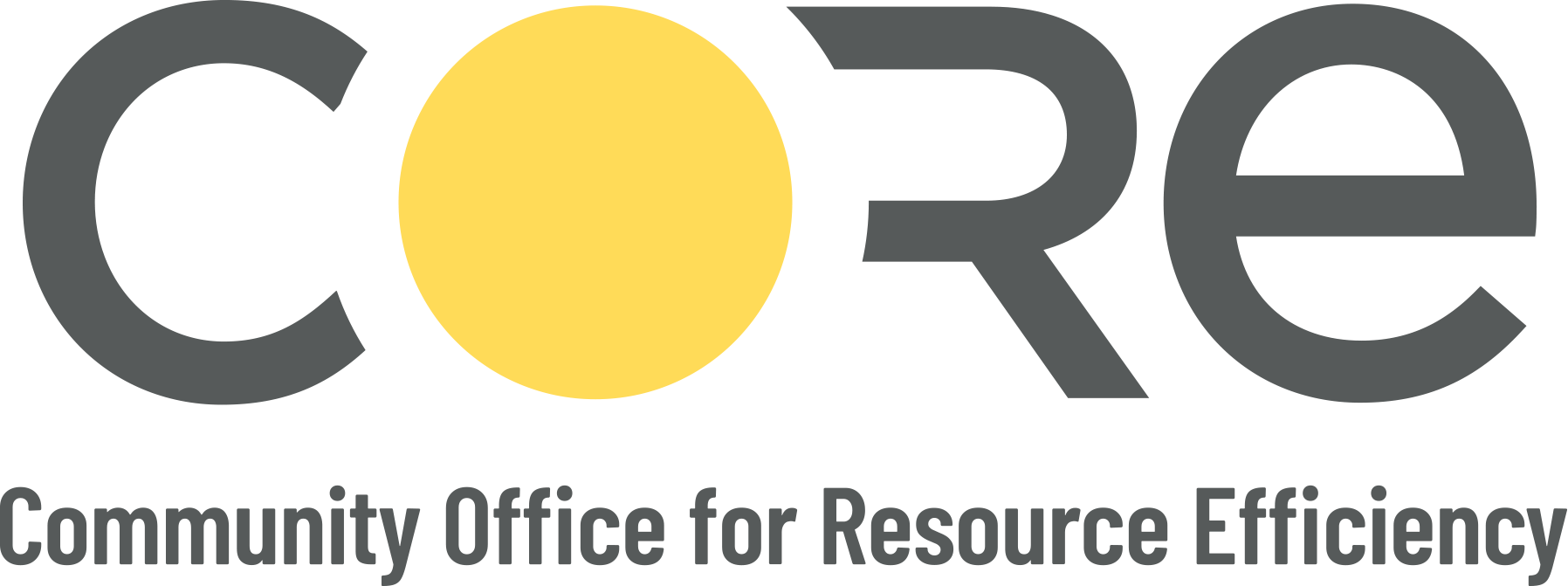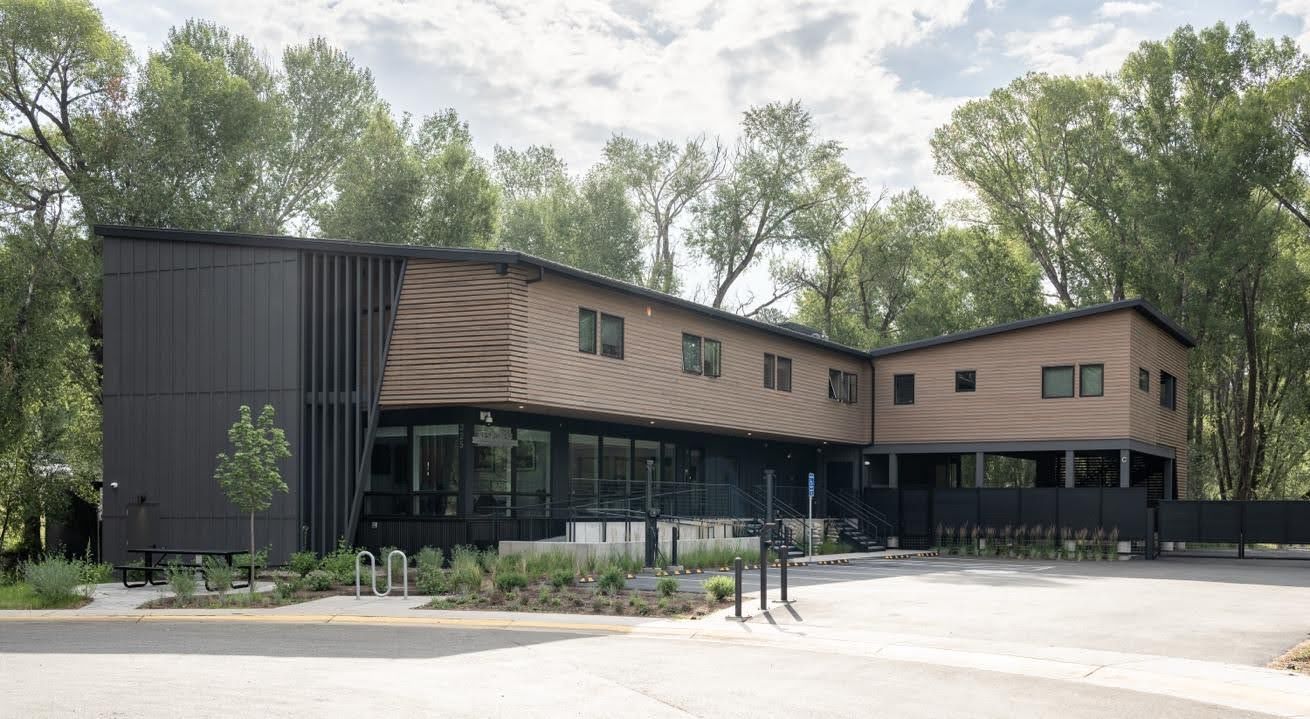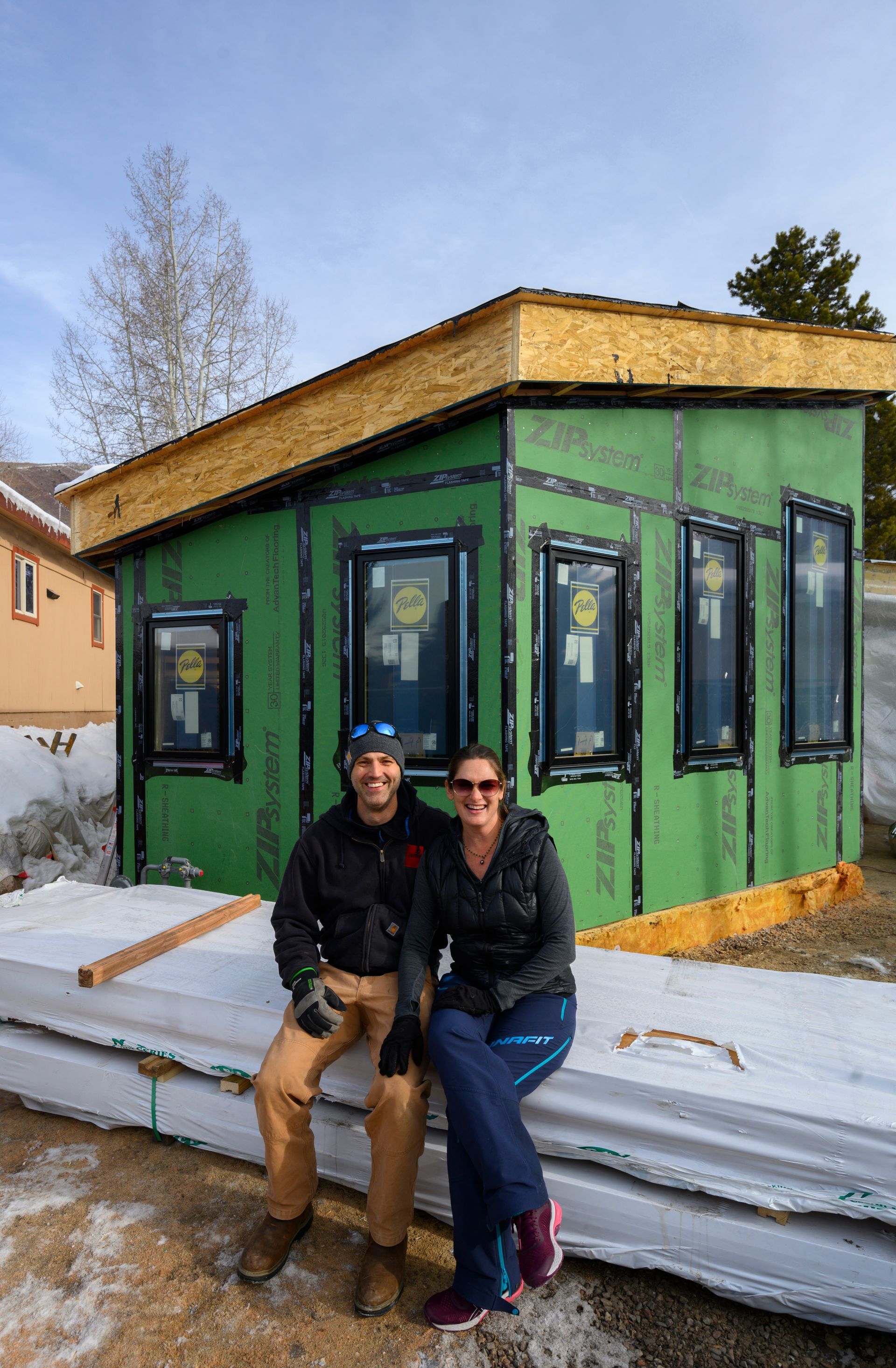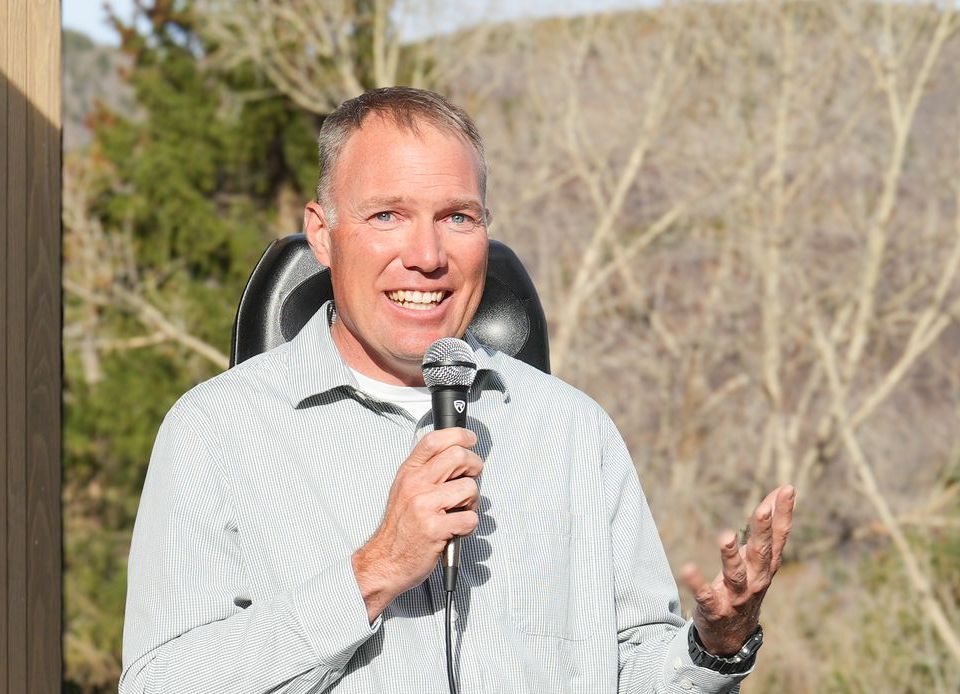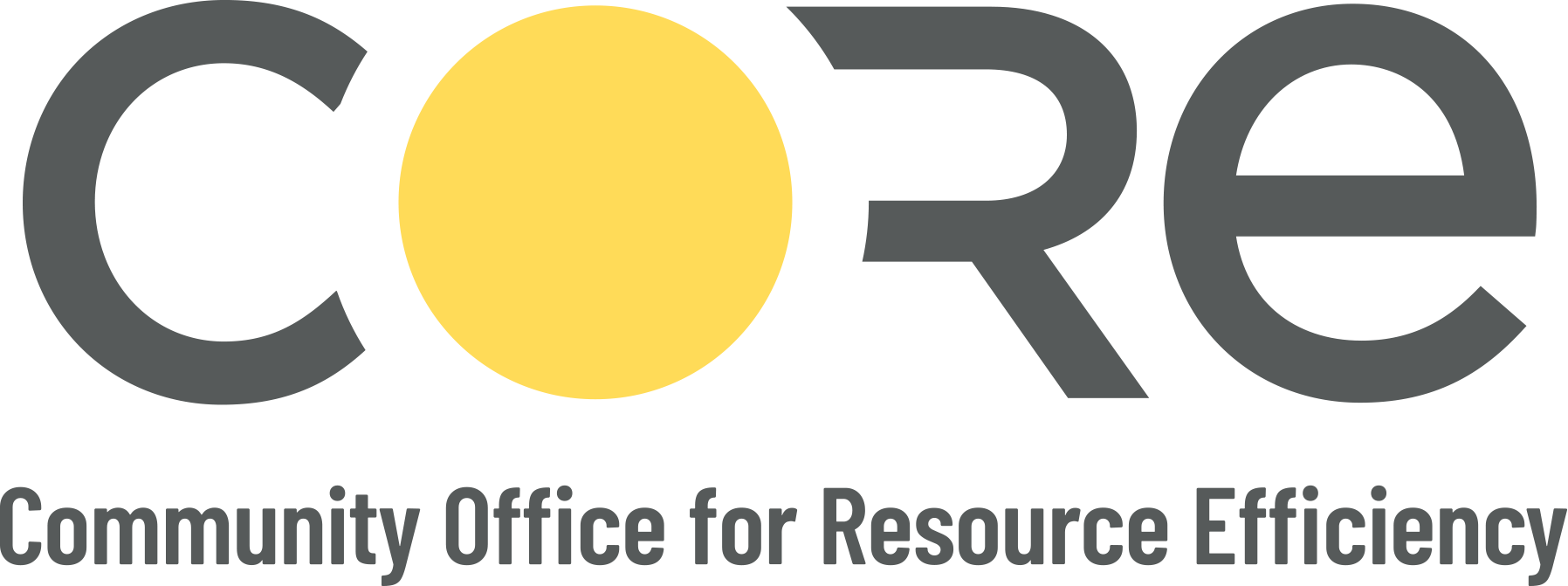The Future of Local Sustainability Codes: Insights from Local Experts
On May 30, 2024, leaders in sustainable building code development and implementation convened before those who put building codes into action through their everyday work.
“The Future of Local Sustainability Codes,” hosted by the Community Office for Resource Efficiency (CORE), AIA Colorado, Land & Shelter Architecture + Planning, and the Rocky Mountain Institute (RMI), gathered speakers from Garfield, Pitkin, and Eagle Counties. Panelists explored the complexities and opportunities surrounding local sustainability building codes, with an audience of architects, builders, and community members who routinely navigate our local building landscape. Moderated by Cortney Woller of CCY Architects, the panel provided diverse perspectives on advancing environmental stewardship through policy, practice, and collaboration.
Addressing Technical and Regulatory Challenges
Woller engaged panelists in discussions on successful initiatives, upcoming challenges, and opportunities for industry professionals to drive meaningful change by aligning sustainable building codes across neighboring jurisdictions. Each community represented is urgently addressing established climate action goals. However, building in our distinctive mountain communities poses unique challenges in reducing greenhouse gas emissions and mitigating climate change impacts.
When residential building sizes max out at 9,250 square feet, how does the building sector balance client demands, revenue generation, technology access, labor availability, regulatory navigation, luxury living, and sustainable practices?
Moreover, inconsistencies in building code language across Garfield, Pitkin, and Eagle Counties compound challenges for architects and builders serving clients throughout the Roaring Fork Valley. For example, where one community imposes energy use restrictions, another may have higher thresholds.
Audience members actively engaged with panelists, grappling with these complex issues. Overcoming community resistance and securing buy-in from elected officials remain significant hurdles as local government staff and energy partners strive to develop and implement new code language efficiently and effectively.
In the past year, community development and utility experts from throughout the Roaring Fork Valley have come together to discuss how they can better align sustainable building codes. They aim to enact net-zero energy codes universally in a way that reflects their individual community values while advancing climate action goals.
Time is of the utmost essence as they develop this framework. National and State building codes are swiftly evolving in response to the rapid pace of climate change. Our communities are proactively developing approaches that support stakeholders, respecting their time and resources.
Call to Action
As our local communities forge ahead in combating climate change in the built environment, the call to action grows louder. Continued collaboration and education among policymakers, architects, builders, and community members are essential. Sharing personal experiences with municipal workers and elected officials is key to garnering public support as we navigate the complexities of carbon reduction, energy efficiency, and regulatory frameworks.
Looking ahead, integrating financial and time-saving incentives, such as expedited permitting and funding for electric projects, will foster quicker acceptance and compliance with evolving energy usage norms.
And, as we have for the past 30 years, CORE stands ready to support energy-efficiency projects with technical assistance, funding opportunities, and local provider connections.
Special Thanks
Moderator: Cortney Woller, CCY Architects
Panelists:
- John Doyle – City Council, City of Aspen
- Jeff Erickson – Pitkin Chief Building Official, Pitkin County
- Kara Silbernagel, Deputy County Manager, Pitkin County
- Bonnie Muhigirwa – Chief Building Officer, City of Aspen
- Greg Poschman – Commissioner, Pitkin County
- Kim Schlaepfer – Managing Director, Lotus Engineering & Sustainability
Marty Treadyway – CEO,
Net Zero Builders
